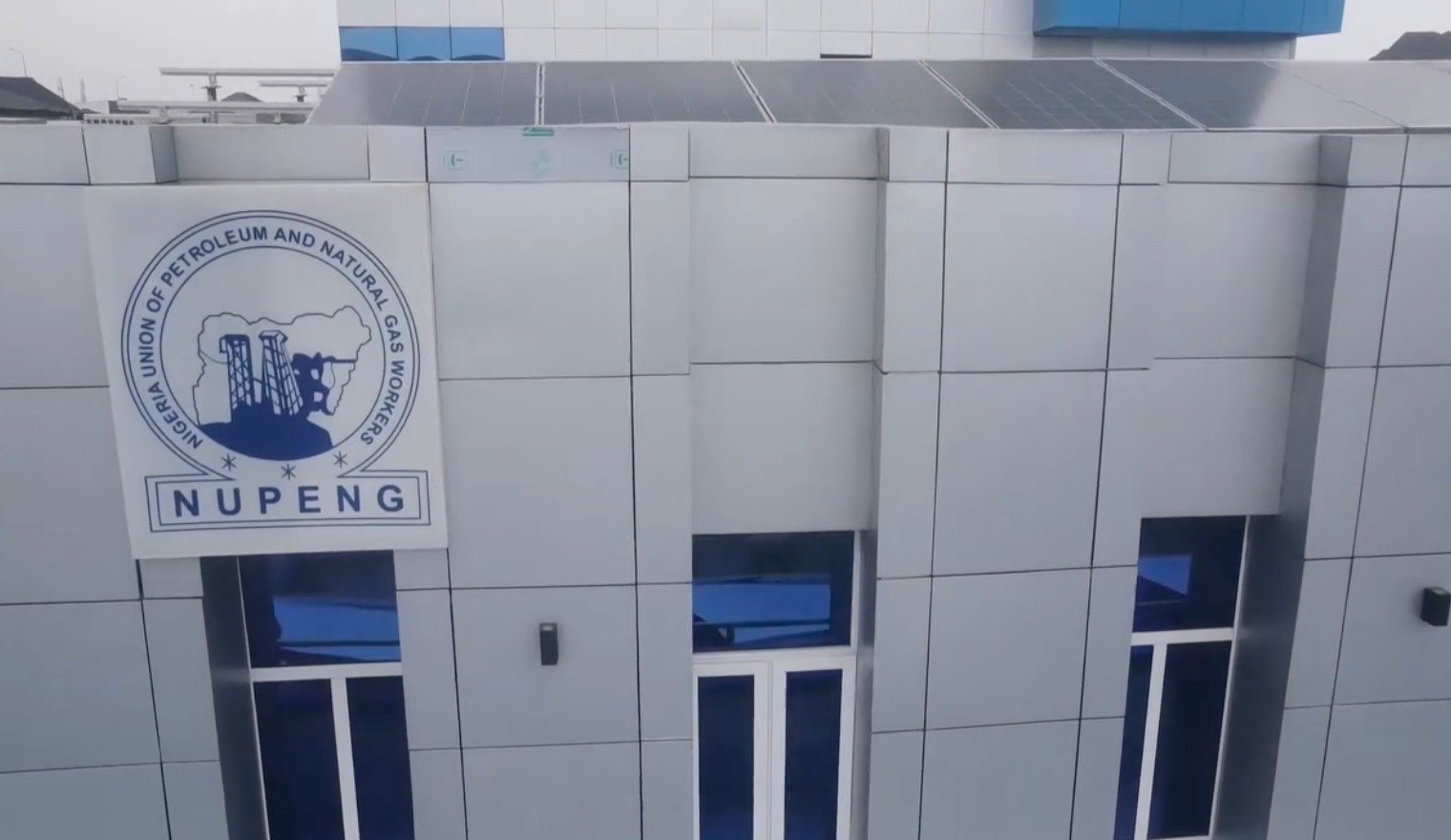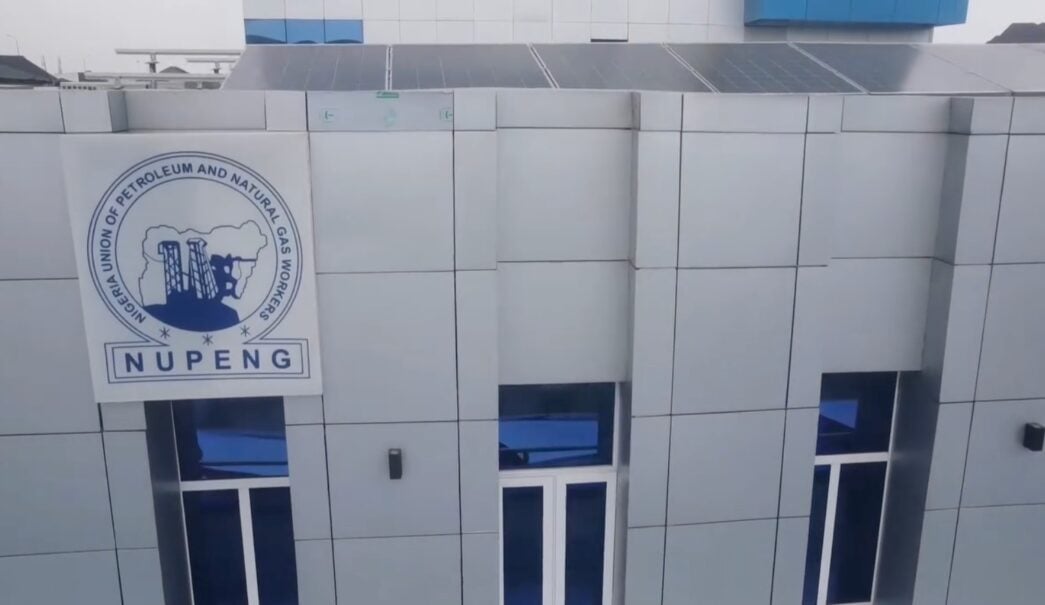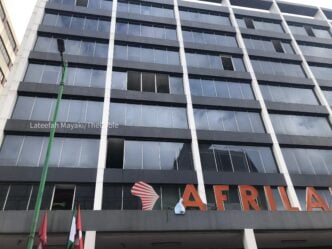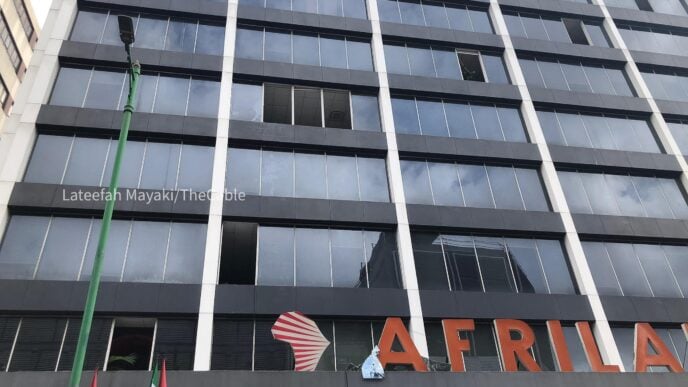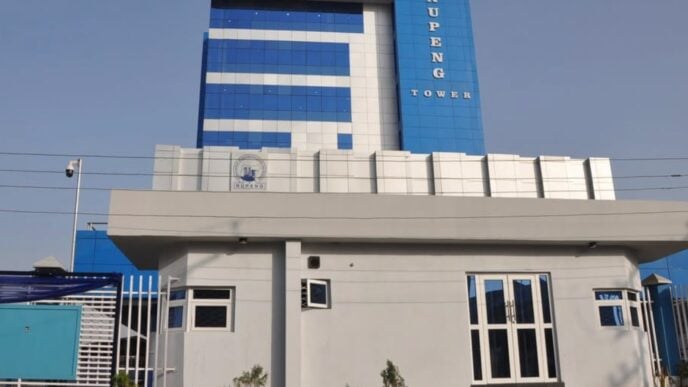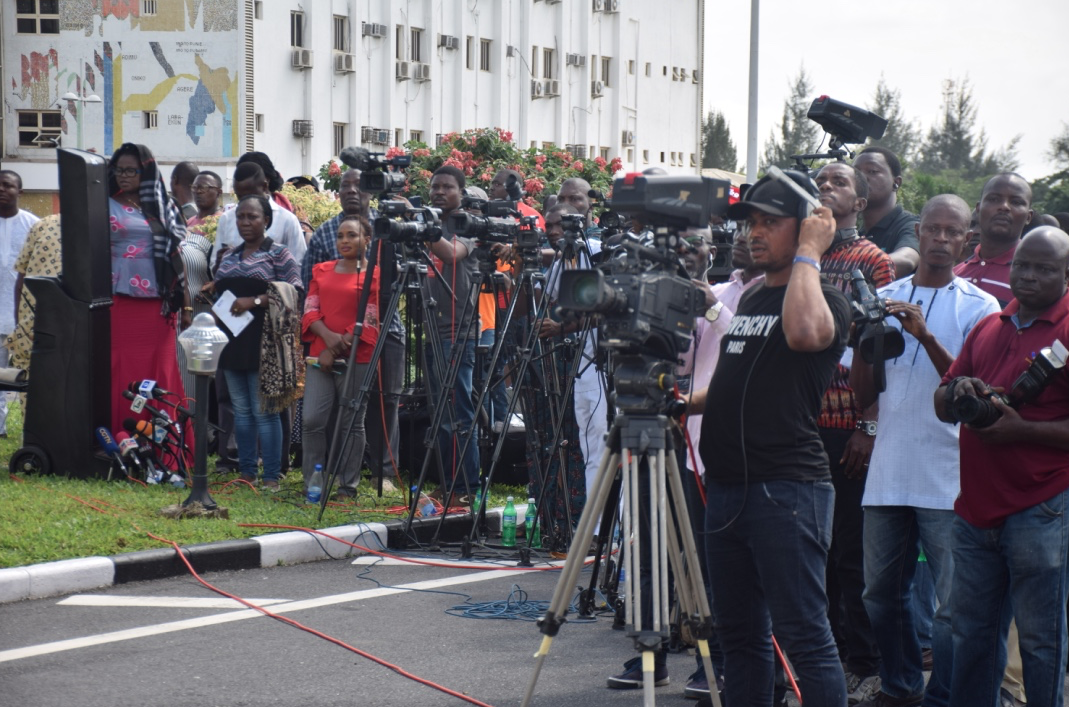BY PHILEMON ADJEKUKO
For decades, Nigerians have been trapped in the same suffocating cycle: oil unions wielding strikes like a weapon, government officials pouring billions into dead refineries, and ordinary citizens footing the bill through fuel scarcity and wasted taxes. What has come out of it all? Refineries that gulp trillions and still cannot refine a drop of petrol, endless promises of “rehabilitation” that collapse the moment the cameras leave, and unions that insist these moribund facilities must remain “national assets” while they feed on their dysfunction.
Between 2002 and 2022, over ₦17 trillion was spent on so-called turnaround maintenance of Port Harcourt, Warri, and Kaduna refineries. More recently, under the watch of NNPC leadership, nearly $3 billion went into another round of repairs. Yet, as of mid-2025, Nigerians still cannot point to a single refinery that operates at commercial capacity. Warri refinery reportedly consumed almost $880 million in repairs only to shut down weeks after being declared “functional.” Port Harcourt refinery was ceremonially restarted after a $1.5 billion contract but is already back in maintenance mode. This endless cycle has become an ATM machine for contractors and officials, not a solution for Nigerians.
The unions know this. They have fought tooth and nail against privatisation or sale of the refineries, presenting themselves as guardians of “national assets.” In reality, they are complicit in this fraud against the Nigerian people. Each time government makes a move that threatens their grip, they call strikes. They do not mind shutting down the country, sabotaging economic activity, and holding citizens hostage over disputes that are often more about personal benefits than the public good. They defend waste while millions sink further into poverty.
Advertisement
Now the same unions have turned their sights on Aliko Dangote, accusing him of plotting a monopoly in the downstream sector and even warning Nigerians that his reported offer of free distribution of petrol is a “Greek gift.” Their alarm bells ring hollow. Since Dangote’s refinery came on stream, petrol queues have disappeared. Yes, prices rose sharply, but Nigerians are not eager to return to the dark days of endless scarcity, black-market extortion, and hours wasted in fuel lines. For once, supply has been stable, and that stability is not the handiwork of unions or government refineries — it is the result of a private Nigerian investor putting his capital, credibility, and reputation on the line.
Whatever his shortcomings, Dangote has consistently demonstrated belief in Nigeria. Unlike our politicians who loot public funds and stash them in foreign banks, he has built industries here — cement, sugar, fertiliser, and now the largest refinery in Africa. That refinery alone has changed the tone of Nigeria’s downstream sector. It has sent a signal to the world that the country can deliver on large-scale industrial projects, and it has opened the door for modular refineries and other private operators who are beginning to scale operations. The future, for once, looks brighter than the past.
Government must not sit idly by while the unions try to drag us backwards. Subsidies are gone. The country is in a precarious economic state. Every signal to international investors matters. If Nigeria caves in to the scare tactics of oil unions, it will reinforce the old story: a country where vested interests trump progress, where private capital is punished, and where the ordinary citizen remains at the mercy of gatekeepers who thrive on dysfunction. This cannot be allowed.
Advertisement
Nigerians must see through the shenanigans. The unions do not speak for the people; they speak for themselves. They are fighting to preserve a broken system that has bled this country for decades. Dangote’s refinery is not the enemy — it is proof that the system can be disrupted, that alternatives exist, that a new path is possible. The unions fear this because it exposes their decades of complicity.
We must choose. Either we defend the future, with private investments and functioning supply chains that end fuel queues once and for all, or we allow the past to creep back, with strikes, wasteful contracts, and chaos at the pumps. The choice should not be difficult. Nigerians deserve better.
Adjekuko, a public affairs analyst, wrote in from Abuja. He can be contacted via [email protected]
Advertisement
Views expressed by contributors are strictly personal and not of TheCable.
